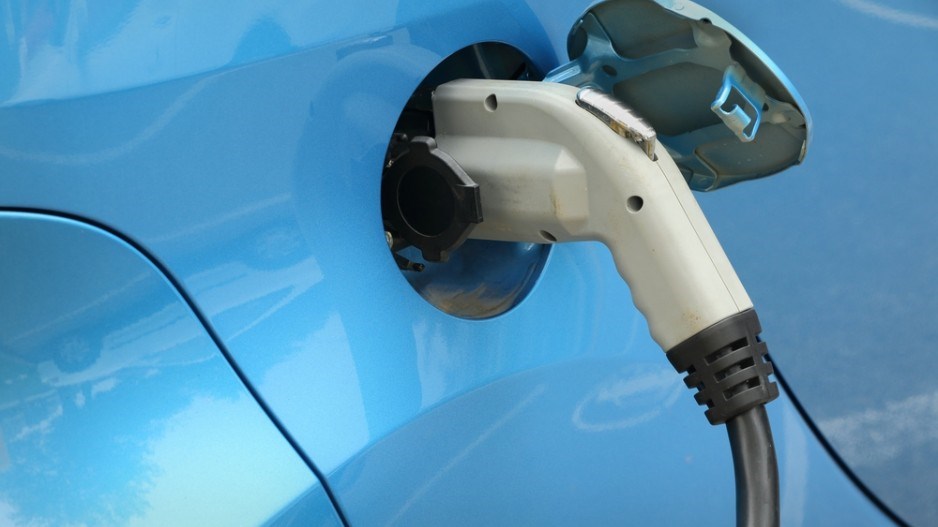FortisBC plans to add 22 new electric vehicle fast-chargers in B.C. by the end of this year, with the help of the Canadian government.
The federal government is providing $1.1 million through its Zero Emission Vehicle Infrastructure program to help FortisBC expand its existing network of fast-chargers in B.C. The new chargers will be installed in the B.C. interior by the end of this year.
"This funding, paired with our own investment of more than $1.1 million, will grow our fast-charging network to a total of 40 stations at 22 different sites by the end of this year," Doug Slater, vice president of external and Indigenous relations for FortisBC, said in a virtual press conference Wednesday.
B.C. is outpacing all other provinces in EV adoption, with 60,000 light duty EVs on the road, said Bruce Ralston, B.C. minister of Energy, Mines and Low Carbon Innovation.
“In 2020, even with the COVID-19 pandemic travel restrictions in place, charging events at our existing stations tripled as compared to the previous year,” Slater said. “This funding is key to helping us meet this growing demand.”
Slater added that the new installations will include six higher powered stations that have twice the charging capacity of existing fast-charging stations. The first one of these super-fast charging stations has been built in Osoyoos, in partnership with the Osoyoos Indian Band.
Ken Hardie, Liberal MP for Fleetwood-Port Kells, noted that 25% of Canada’s greenhouse gas emissions come from transportation, so one of the key policies of the federal government’s climate action plan is to incentivize a switch to zero emission vehicles.
By 2040, all cars sold in Canada will be required to be zero emission, which will require building out a national fueling and charging infrastructure to provide electricity and hydrogen for fuel cell vehicles.
“Today the federal government’s been investing more than $1 billion to make electric vehicles more affordable and charging infrastructure more accessible,” Hardie said.
That infrastructure will include hydrogen fuelling stations in key metropiolitan areas and natural gas fueling stations along freight corridors.
The federal government offers rebates of up to $5,000 for the purchase of new zero emission vehicles, which is on top of the rebates the B.C. government offers.
(Editor's note: FortisBC has corrected Slater's comment that use of fast-charging tripled in 2020, saying it has doubled, not tripled.)




